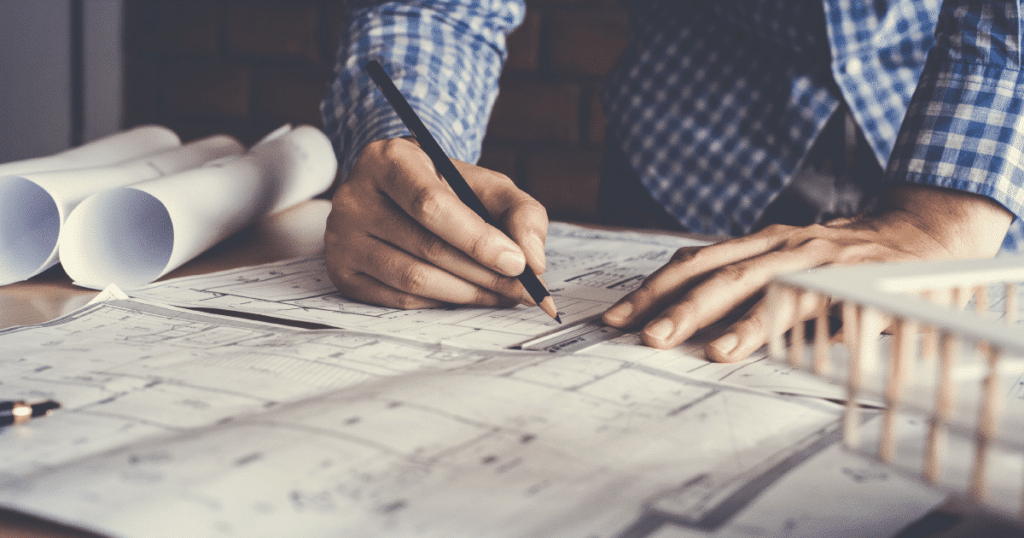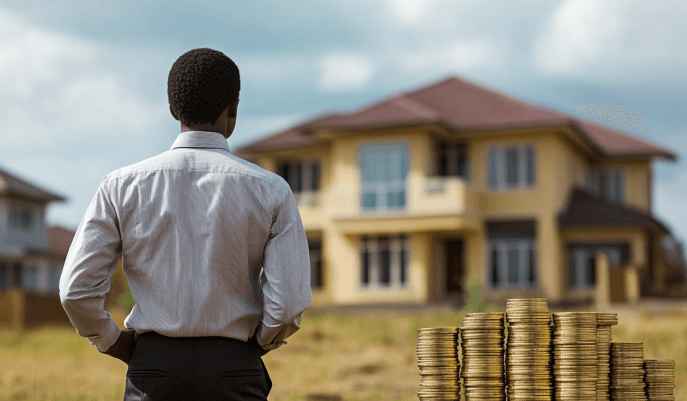There is no doubt that all investment opportunities have pros and cons. And real estate is no different. It is a big financial decision, one which could secure your future towards financial freedom or leave you in debt if you make the wrong moves.
You might have heard the saying, “invest in what you understand”. It’s important to take time to know where your money is going and what to expect.
You also know if investing is the right thing for you and the risks involved.
Here’s what you need to know about the benefits of investing in rental property.
Table of Contents
Generates Cash Flow

Cash flow is profit after paying off your mortgage(if you had one) and all operating expenses. In most cases, your cash flow will increase over time as you offset the mortgage.
Once the property is set up and there is consistent profit, you can use this money to support yourself and your family, build another business or reinvest in other rental properties.
Appreciates Over Time
There has been an upward trend in property prices over the last few years meaning that the market value increases over time and so does the value of the property. Additionally, if you decide to sell it after some time, you could sell it at a much higher price than what you bought it for.
If there is demand in a certain area, chances are the property prices will rise. You are better off investing in that location to enjoy these rent increments.
Another way to increase your cash flow is by making upgrades to your property. This will justify any rental increments if you ever decide to go that route.
READ ALSO: A Complete Guide to Investing in Rental Property
You Have Full Control
You are in charge of your investment. All the decisions fall under you. You decide how much rent to charge, who to hire to manage the property, what repairs to do, and the return on investment.
With other investment options like the stock market, all you can do is hope that the management will make the right decisions to impact your investment positively.
It’s Not Complicated

Apart from understanding the market prices and inflation, real estate can be a simple investment if you know how it works.
Ensure that you take good care of the property and provide great customer service to your tenants and you’ll reap the benefits of your investment. The tenants will in turn treat your property like it was theirs.
Property Acts as Leverage
Leveraging your investment means you can buy more with less. When you approach a bank for financing, you put down a certain deposit then the bank pays the rest to get the house.
For instance, instead of taking Kshs 200,000 to invest in the stock market, you can put that money as a downpayment and get a house worth way more money than that amount. The house will act as leverage in case you are unable to service the loan.
Real Estate Investment Trusts (REITs)
It’s very normal to feel uncertain and scared before investing in anything. So, if you are one of those people and you’re afraid, you can start small. Invest in Real Estate Investment Trusts (REITs).
It is an investment model where investors put their funds together in a trust fund with the hopes of gaining profits from real estate. The income generated is then distributed to the members at the end of a financial year.
This way, there is time to learn about the ins and outs of investing in rental properties before you decide to do it on your own. You can network with other people who already own property and learn from their mistakes.
READ ALSO: Are REITs a Good Investment? Investing in REITs in Kenya
Cons of Investing in Real Estate
Despite all the reasons it’s a good idea to put your money in real estate, you also need to know the challenges.
Lack of Liquidity

This is a major drawback to real estate investing. It is not easy to sell off the property immediately like you would sell other investments like shares or bonds.
If there is no demand in your property location, you might be stuck with the property a little bit longer.
Not being able to access money quickly whenever you need it can mess you up if you have an emergency.
Ongoing and Additional Costs
Don’t assume that once you buy property all you will do is wait to collect rent. Other additional costs to pay for are mortgage, insurance, tax and maintenance costs.
If you don’t plan appropriately, these costs can overwhelm you and leave you wondering if you made the right choice.
Hidden Problems With the Property

Without the right team on your side, it’s possible to follow all the right steps when building a house or buying property, but somehow end up with a house with multiple issues.
For instance, we’ve heard of an apartment that had a mould problem that was not easily detectable with the human eye. It is only after the tenants saw their items getting ruined did it raise an alarm. Others also suffered health complications because of the mould.
That’s why you can never underestimate the importance of doing a home inspection before closing on a house.
Strain on Your Cash Flow
If you decide to take a mortgage, a change in interest rates can affect your cash flow. You might have to dig deeper in your pockets to adjust your payment plans according to the new rates. This will cause a strain on your cash flow because it’s not a payment you had anticipated.
There is also the issue of tenants not paying rent on time and others who decide to move out for one reason or another.
The worst part is if they leave the house in a poor state. You would have to repair the property and make it fit to live in for the next occupant. This will cost you more money.
Easy to Make Mistakes

Investing in real estate will require large amounts of money and time to learn the ins and outs. And with all the effort you put in, you would want to start seeing your hard work pay off.
If you don’t know what to do, get professionals like an engineer, a lawyer and a project manager on your team to assist. They are more knowledgeable and can steer you in the right direction.
Learning is Fast
If this is the first time you are getting into real estate, chances are you don’t have a background in it. But that should not discourage you.
You will need to learn and fast in different areas i.e legal, financing and property management to help you gain more knowledge in this field.
Yes. Things will go wrong. And there’s nothing wrong with that. You just need to ensure that you minimize risk and maximize your investment’s potential.
Getting help on where to find the right property, what margins to expect and how to maintain the property will come a long way.
Bottom Line – Should You Invest in Property?
All investment options have pros and cons. And real estate is no exception. Investments done right from the start can set you up for financial freedom for the rest of your life. Hence the importance of learning everything to do with investing in property.
Conversely, the wrong moves will leave you emotionally drained and in debt. If you are ready to invest in property, here is an investment guide with crucial steps you can follow to make realistic plans and know what to expect.
FAQ
The amount of money you need depends on the type of property you are looking to buy.
The best place to start is by understanding how real estate works. Once you understand the market, you need to get a professional to guide you as you now select the type of investment you need to make based on your expectations and budget.
Kenya is a great place to invest in real estate. With the growth of real estate being on a steady rise, it is a convenient time to start your investment journey.



